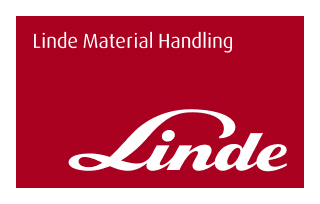- Blog
- Technical


Choosing whether to buy or rent a forklift is a crucial decision that can significantly impact your operational efficiency and cost control. For business owners, warehouse managers, and logistics professionals, understanding the best forklift acquisition method is key to running smooth, cost-effective operations.
At Linde Material Handling Australia, we proudly offer both forklift rental and purchase of new and certified used forklifts, ensuring you have the flexibility and quality you need to succeed.
In this guide, we’ll walk you through the key considerations to help you decide whether renting, buying, or purchasing a used forklift is right for your operation.
Renting a forklift is often the smart move when your operation requires agility and short-term solutions. Industries like retail distribution and construction often face temporary spikes in demand or project-based requirements that make forklift rental the ideal choice.
Here’s where renting a forklift is an advantage:
Renting a forklift has its drawbacks, as shown by the following:
Looking for flexibility without a long-term commitment? Linde Material Handling offers reliable forklift rental options tailored to your business needs.
When your operations are consistent, high-use, and predictable, buying a forklift often delivers better value. Businesses with heavy daily operations typically benefit from forklift ownership.
Here are some benefits of buying a forklift:
Better suited for intensive daily operations: Forklifts heavily used every day quickly justify the initial purchase cost.
Here’s what you need to keep in mind before you purchase:
Purchasing a used forklift can be a cost-effective solution for businesses with moderate operational demands. Used forklifts offer the benefits of ownership without the higher cost of buying new.
Here are some reasons for you to consider exploring a used forklift purchase:
Extra care is needed in choosing a used forklift to make sure you get your money’s worth:
Here’s a simple checklist to help you decide:
1. Frequency of Use
2. Budget and Cash Flow
3. Maintenance Preferences
4. Fleet Flexibility and Scalability
5. Lifespan and Technology
|
Feature |
Renting a Forklift |
Buying a Forklift |
|
Upfront Cost |
Low |
High |
|
Ongoing Costs |
Monthly rental fees |
Maintenance, finance, etc. |
|
Flexibility |
High |
Low |
|
Ownership Value |
No |
Yes |
|
Tech Access |
Newer models available |
Fixed after purchase |
Here are some real-world scenarios, and the most ideal solution for each, between forklift renting and buying:
No matter your business size or operational demands, Linde Material Handling offers smart forklift solutions that evolve with your needs. We provide:
Here’s the key takeaway:
Still unsure? Reach out to Linde Material Handling Australia and let our experts guide you to the right choice for your operation.
CONTACT US